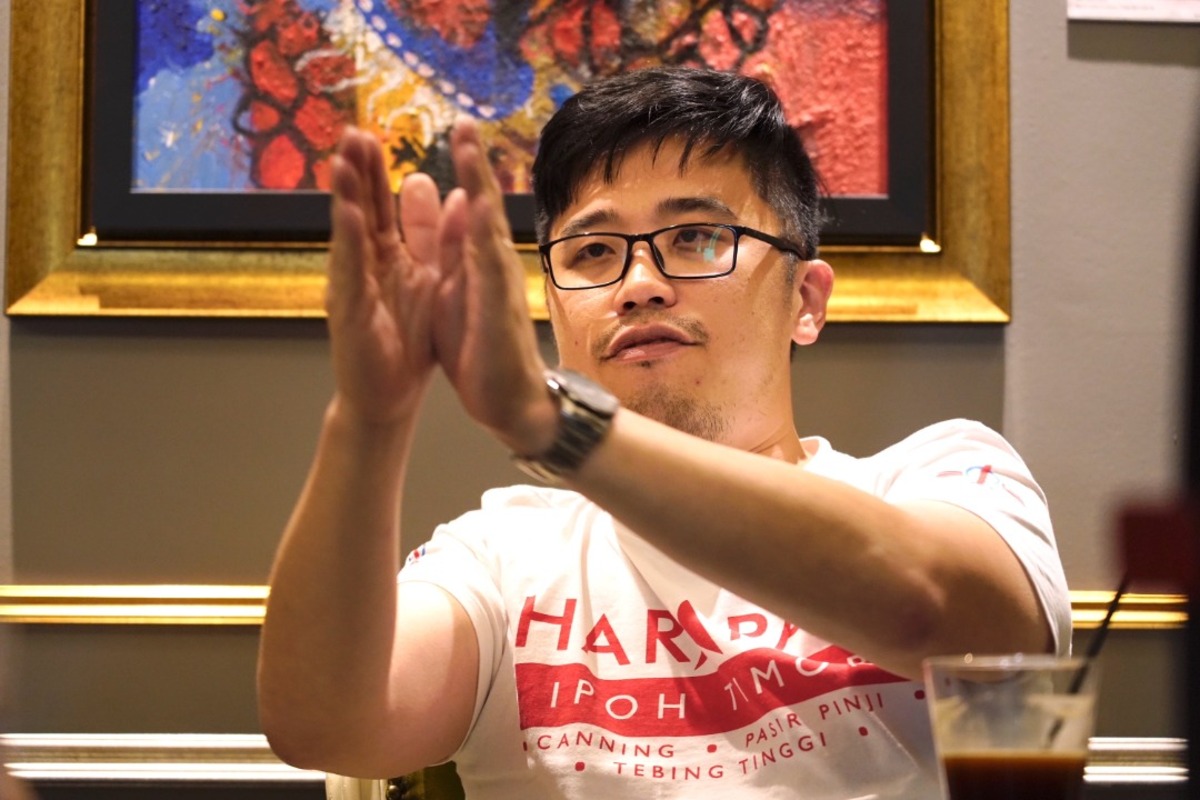KUALA LUMPUR, June 5 — Ipoh Timor MP Howard Lee has described the parallel pathway for specialisation in medicine as the “highest form of apprenticeship”, backing proposed amendments to the Medical Act 1971.
Lee, who is also a member of the National TVET Council, said the debate over the parallel pathway for medical specialty training should not negate trainers who passed exams and fulfilled logbook requirements.
“They’ve done their required time diligently, with competent practising lifesaving surgeons, under the highest form of apprenticeship, called the parallel pathway, paid for by MOH or the HLP (Hadiah Latihan Persekutuan) by MOH,” Lee told broadcaster Astro Awani’s Awani Tonight programme last Monday.
“The reductive, exclusivistic and, I would even say, monopolisation of recognition and accreditation only to university Master’s programmes, cutting out the largest health care provider in the country, does not facilitate the national realities of our time.
“It frustrates, and it hampers the qualification operationalisation and getting surgeons in [operating] theatres treating patients.”
The conflict surrounding the parallel pathway is ultimately an issue of whether years’ long training in various medical specialties should continue to be informal non-accredited on-the-job training or formally structured postgraduate clinical programmes accredited by external regulators.
The parallel pathway debate is also a matter of whether the Ministry of Health (MOH) should take on another role as an education provider – even as the MOH struggles to perform its core function as a health service provider with rising resignations of medical officers – or if medical specialty training should be relegated to higher education institutions.
Even though Health Minister Dzulkefly Ahmad has yet to specify exactly what amendments are proposed for the Medical Act, Lee expressed support for legal amendments.
Quoting an anonymous source, The Star recently reported that the Medical Act amendment bill may give the health minister “clearer powers” to veto decisions by the Malaysian Medical Council (MMC), the regulator of the medical profession in the country.
“If amending the Medical Act to get rid of the ambiguity is what we need to do to ensure both parallel and Master’s can work at maximum capacity to accredit, to recognise, to qualify, to operationalise surgeons into [operating] theatres, saving Malaysian and human lives, I have a moral democratic and human duty to support,” Lee said.
“I think the fundamental notion here is, we do not want it to be exclusively KKM parallel pathway or Master’s by university. We want, we need both, and it must be both.”
The Ipoh Timor MP from the DAP pointed out that many cardiothoracic patients in his constituency in the state of Perak need to travel to Sultan Idris Shah Serdang Hospital in Selangor, the National Heart Institute (IJN) in Kuala Lumpur, or Penang to seek treatment.
“That’s not fair. One of the reasons why is because we don’t have enough surgeons.”
Today’s Cabinet meeting is expected to discuss proposed legal amendments to enable the recognition of the MOH’s parallel pathway programmes that are conducted mostly with royal colleges in the United Kingdom, after the MMC said it does not recognise the FRCS Edinburgh in Cardiothoracic Surgery qualification.
It is not yet clear if amendments to the Malaysian Qualifications Agency (MQA) Act 2007 are also needed, besides amending the Medical Act 1971, after officials from the Attorney-General’s Chambers (AGC) briefed last Wednesday’s Cabinet meeting about a potential conflict between the MQA and MMC.








